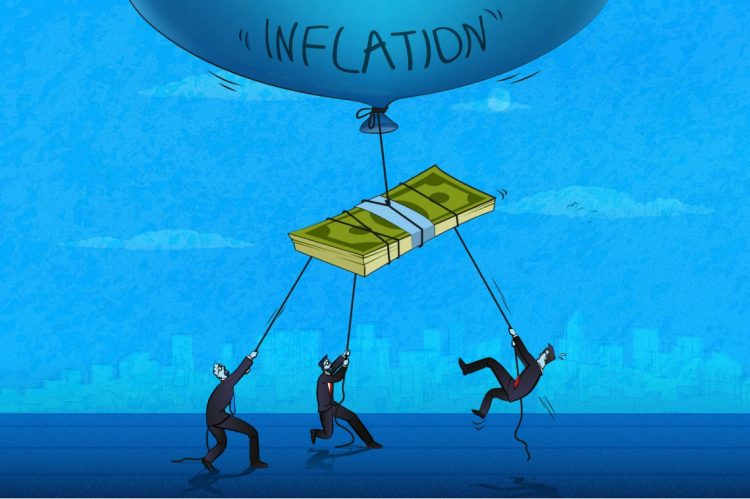The personal consumption expenditures (PCE) price index increased 0.3% in April, the Commerce Department reported on May 31, matching a similar gain in March. It’s not a wholly positive sign for those hoping that the U.S. central bank will cut interest rates soon, as it suggests the elevated pace of price increases could last longer than expected.
Consumer spending was also tepid, according to the report, while incomes rose only slightly, another indication that a surprisingly resilient economy could be slowing.
Personal income increased $65.3 billion (0.3% at a monthly rate) in April, disposable personal income increased $40.2 billion (0.2%), while personal consumption expenditures increased $39.1 billion (0.2%).
“With no significant change in the downward trend the high frequency movements seems to have created an overreaction by markets and many analysts over the past several months,” noted Eric Rosengren, former Federal Reserve president, on Twitter (X).
As economic data has trickled in this year, expectations of multiple rate cuts from the Fed have faded—and with them, the hope that mortgage rates could dip by the end of the year, as many real estate economists predicted late in 2023.
The PCE is the Fed’s preferred meter for inflation, but recent CPI reports have also flashed concerning signals this year.
“PCE (was) in line with expectations, but (the) general trend is edging lower. That’s good news for the bond market,” wrote Kathy Jones, an analyst for Charles Schwab, on X.
Overall, though, the economy—and housing markets—have defied the worst predictions of economists, despite home sales falling to historic lows in 2023 and mortgage rates holding well above levels seen after the Great Recession. Most economists have credited a hot labor market with propping up consumer spending and home sales—though that trend might also finally be shifting.
“One of the remarkable things about this cycle is the pace of disinflation we’ve seen without a recession,” wrote Kevin Gordon, an investment strategist also working at Charles Schwab. “We’ve never seen this sharp of a (year-over-year) spike in core PCE, followed by this much of a decline, without a recession on either end.”












